Related: Stars Who’ve Gotten Sober
Advertisement
Amanda Edwards/Getty Images
James Kennedy has not shied away from discussing his successes — and his failures — on the journey to staying sober.
Bravo viewers were introduced to Kennedy when he joined Vanderpump Rules in 2015. After starting out as a busser at Lisa Vanderpump’s restaurant SUR, Kennedy quickly got wrapped up in plenty of drama on screen.
Kennedy was often on the outs with his costars — from a tumultuous relationship with Kristen Doute to his feud with Jax Taylor and questionable comments about numerous costars — and his relationship with alcohol didn’t help. After Vanderpump fired Kennedy numerous times, he made an effort to address his substance abuse issues.
In July 2020, Kennedy announced that he celebrated one year of sobriety. The professional DJ later admitted that he was “California sober” because marijuana helped him to no longer use alcohol.
“It helped me quit the alcohol for good, you know what I mean? I will quit weed also when the time comes,” he said on Watch What Happens Live With Andy Cohen in October 2021. “I don’t feel like I should quit right now, you know? There’s no point.”
Kennedy added: “It doesn’t harm me. It doesn’t, like, affect my life in a negative way. So, why quit?”
After his high-profile split from Rachel “Raquel” Leviss, Kennedy confirmed he started drinking again, saying on a February 2023 episode of Vanderpump Rules, “I learned a lot from not drinking those two years.”
Kennedy considered cutting out alcohol after meeting now-girlfriend Ally Lewber. Before season 11 of Vanderpump Rules started airing in January 2024, Lewber said in an interview with Bravo that Kennedy “changed the most” over the years.
“James, he’s in therapy, he’s sober, I’m really proud of him,” she gushed that same month.
Keep reading to see Kennedy’s candid quotes about sobriety:
Kennedy exclusively told Us Weekly about the benefits of getting sober, sharing in August 2019, “I am 10 weeks [sober] this Friday. It’s been really good. Everything’s beautiful. I’ve been focusing on my sobriety and it’s been going really well. … [My] music has been just so good lately. I haven’t been procrastinating on s—t.”
During an appearance on WWHL in March 2020, Kennedy credited Alcoholics Anonymous meetings for helping him.
“Because of all the drinking I was doing and stuff, I was really hiding away from my true emotions and just blaming whatever I wanted to get out the easy way,” he explained. ”I’m going onto nine months sober. I haven’t had a drink in nearly nine months, and I just feel completely different.”
Kennedy continued: “I’ve really taken hold of my life and try to change it for the better and change our relationship for the better. I know I should be doing this for me, but I’m also doing it for my relationship with Raquel.”
“Hey everyone just wanted to let you all know I’ve made it to my one year sober today. Letting go of drinking was the best decision I ever made and I’m going strong. I don’t miss the booze …… I don’t miss the feeling …. I’m so grateful for everything now and life has become more beautiful in many ways,” Kennedy captioned an Instagram post in July 2020. “Thank you to my rock @raquelleviss for getting me here I couldn’t of done this without you my love. and thank you all for the support this past year.”
Ahead of his two-year anniversary, Kennedy reflected on the lessons he learned while maintaining his sobriety.
“It’s gratitude. It’s the feeling of being so thankful for my sobriety. I wake up every day thanking God that I’ve got it,” he told E! News in May 2021. “My life has just gotten so much better from quitting drinking. I’m never hungover, I’m able to focus on my music so much more. My relationships and friendships are excelling. When I see these amazing things happening right before my eyes, why would I want to go back?”
Kennedy admitted he had to deal with a feeling of “missing out,” adding, “I got over that, in the first six months I was still struggling with the whole, ‘Well, everyone else is getting to go out and have fun but I don’t.’ When I got over that hump and I realized I’m actually able to have just as much fun, if not more, than everyone else drinking.”
He concluded: “It was like a lightbulb went off in my head and it’s just an amazing thing. Like I walk into a room now with people drinking everywhere and I’m just so f—king happy I don’t, you know? I’m just so thankful and I feel so good about it. I can still be the life of the party, I can still be my charismatic self and I still end up chatting even more than most people do to drink, they drink just to get more chatty. But I’ve never needed that and I never really realized that I didn’t need alcohol until I quit it. So being able to maintain the sobriety has thankfully been the easiest part of it.”
According to Kennedy, being “California sober” meant he still smoked marijuana daily and used edibles
“It’s wild and it’s a blessing. I thank God every day for my sobriety, honestly,” he said on WWHL in October 2021. “Cutting out alcohol was the best decision I’ve ever made, thanks to [Raquel]. … It’s just f—king amazing. I wake up every morning never hungover, just ready for life. And I know that sounds cliché, but it’s honestly so good.”
In December 2021, Kennedy and Leviss announced their split after five years of dating. Kennedy discussed how his relationship with Leviss influenced his life while filming the season 9 reunion, which aired one month later.
“This is not a product of me f–king up my life, Tom. This is a product of the truth. The second she said, ‘We are not soulmates.’ For me, that was a f–king enlightenment. I realized that we loved each other but we are not in love with each other anymore. She has made her decision. Her parents have always hated me. It has never been easy,” he told Tom Sandoval. “Even becoming the man that quit drinking and changed his whole f–king lifestyle for this relationship [wasn’t enough]. It wasn’t enough. I still have these anger issues, and I am never doing this again.”
“After two and a half years of not a single drop, I decided to drink again, have a couple drinks. After Raquel left, I thought I was getting married, I was engaged, do you know what I mean? After all I did to better myself, it still clearly wasn’t enough,” Kennedy during the season 10 premiere of Vanderpump Rules, which aired in January 2023. “And quite frankly, it was a new f–king year. It was 2022, you know, what am I doing? I’m f–king James Kennedy. Like, let me live.”
In a separate conversation with Leviss, Kennedy said he got sober because of her, adding, “If I am gonna quit again, it will be for me next time and not an ultimatum in a relationship.”
Amanda Edwards/Getty Images James Kennedy has not shied away from discussing his successes — and his failures — on the journey to staying sober. Bravo viewers were introduced to Kennedy when he joined Vanderpump Rules in 2015. After starting out as a busser at Lisa Vanderpump’s restaurant SUR, Kennedy quickly got wrapped up in plenty
Us Weekly Read More
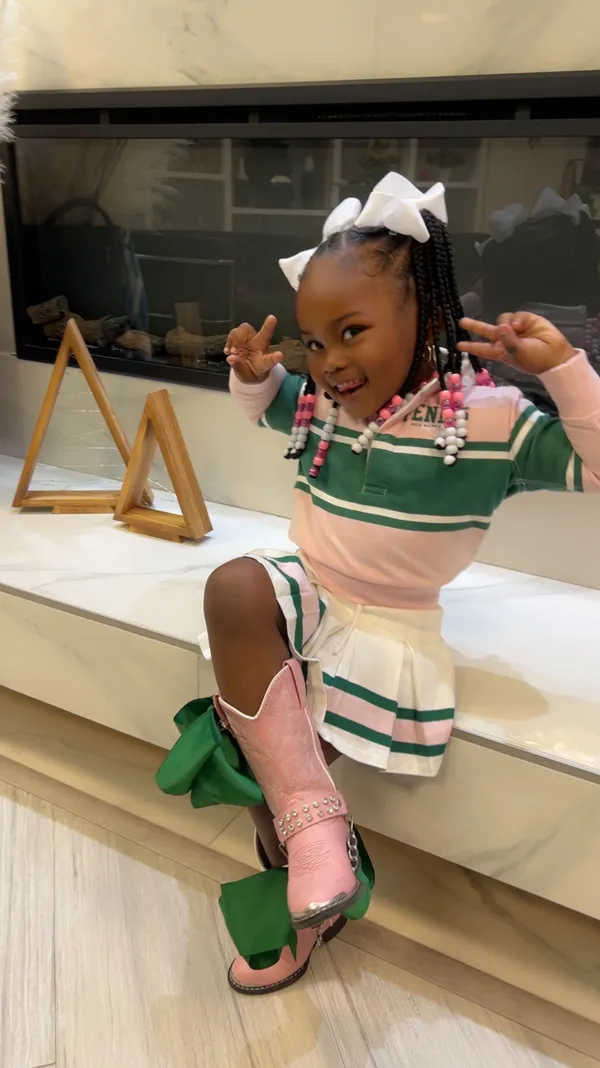
Starkville, Mississippi — The viral rise of 4-year-old LaR’iyah Jesireé, better known as “Ms. Shirley,” has captivated millions on TikTok and Instagram. But as her fame grows, so too does a wave of public concern—particularly over her appearances at meet-and-greet events attended by adults, including grown men, raising urgent questions about child safety, parental responsibility, and the blurred boundaries of social media stardom.

Ms. Shirley’s infectious line dances, especially her signature “Boots on the Ground” routine, have made her a household name in the world of social media. With over a million followers and appearances on national television, she’s become a symbol of youthful talent and joy.
But behind the viral videos lies a controversy that has split public opinion. Critics argue that the very events fueling her fame—public meet-and-greets, often at venues not designed for children—expose her to adult environments and attention that are inappropriate for someone her age.
Latisha Tucker, Ms. Shirley’s mother, has not shied away from the criticism. She maintains that her daughter’s appearances are carefully managed and that the backlash is fueled by outsiders who misunderstand their intentions. Tucker has publicly stated that any earnings from Ms. Shirley’s fame will be set aside for her future, and insists that her daughter is simply “being a kid like any other kid.” Still, she acknowledges that the scrutiny comes with the territory of internet celebrity.
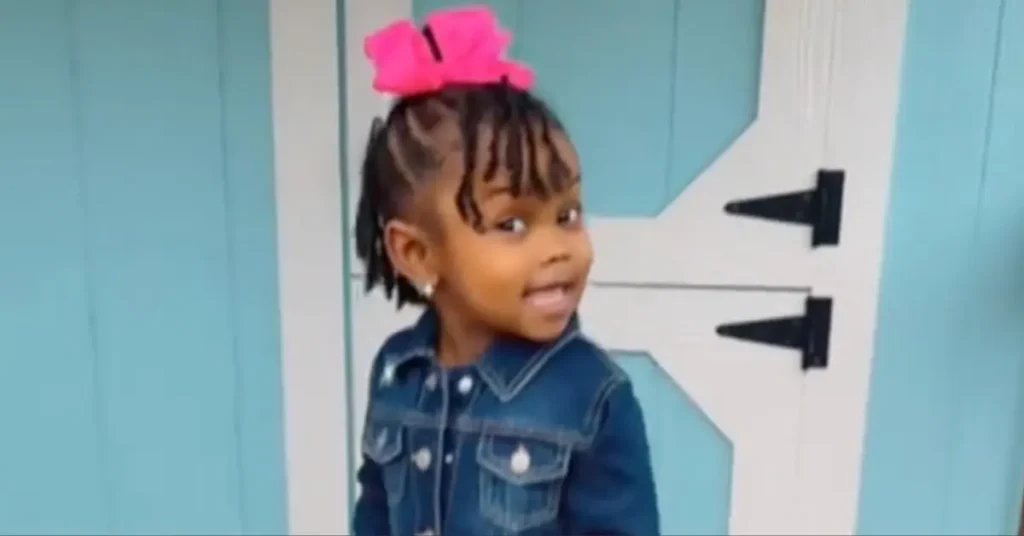
The uproar over Ms. Shirley’s meet-and-greets is part of a larger debate about the responsibilities of parents who share their children’s lives online, the adequacy of social media safeguards, and the potential for exploitation in the pursuit of viral fame. As platforms like TikTok continue to blur the lines between childhood and celebrity, the story of Ms. Shirley stands as a flashpoint—one that forces parents, platforms, and audiences alike to confront uncomfortable questions about where to draw the line.
| Issue | Description |
|---|---|
| Adult Attendance at Events | Grown men and other adults present at meet-and-greets, sparking safety concerns |
| Parental Oversight | Debate over whether Ms. Shirley’s mother is protecting or exploiting her child |
| Child Safety | Reports to CPS and public calls for better safeguards for young social media stars |
| Online Division | Fans celebrate her talent, critics warn of long-term risks and inappropriate exposure |
As Ms. Shirley’s star continues to rise, so does the scrutiny. For now, her story remains a cautionary tale at the intersection of childhood, celebrity, and the unpredictable power of the internet.
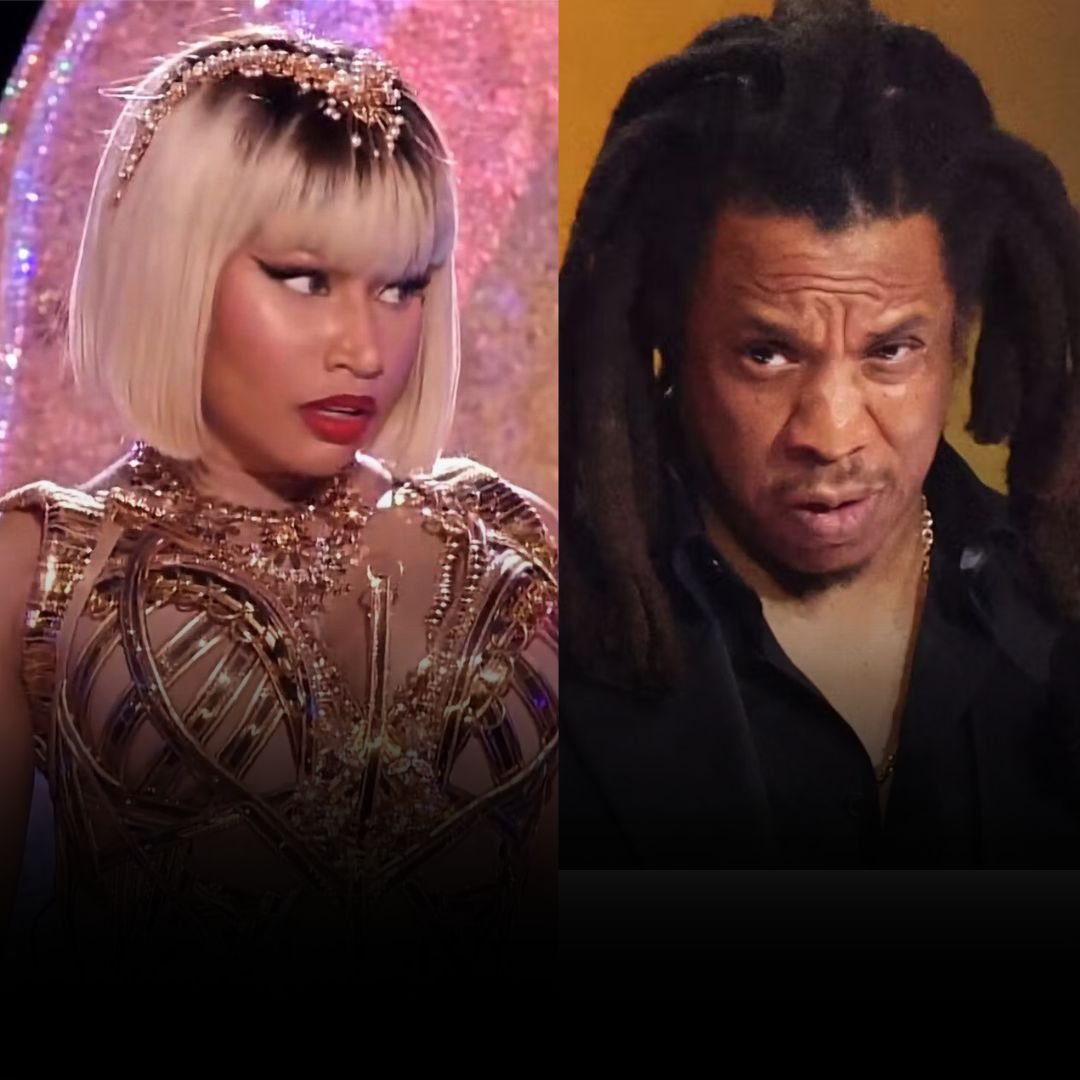
Nicki Minaj has once again set social media ablaze, this time targeting Jay-Z with a series of pointed tweets that allege he owes her an eye-popping $200 million. The outburst has reignited debates about artist compensation, industry transparency, and the ongoing power struggles within hip-hop’s elite circles.
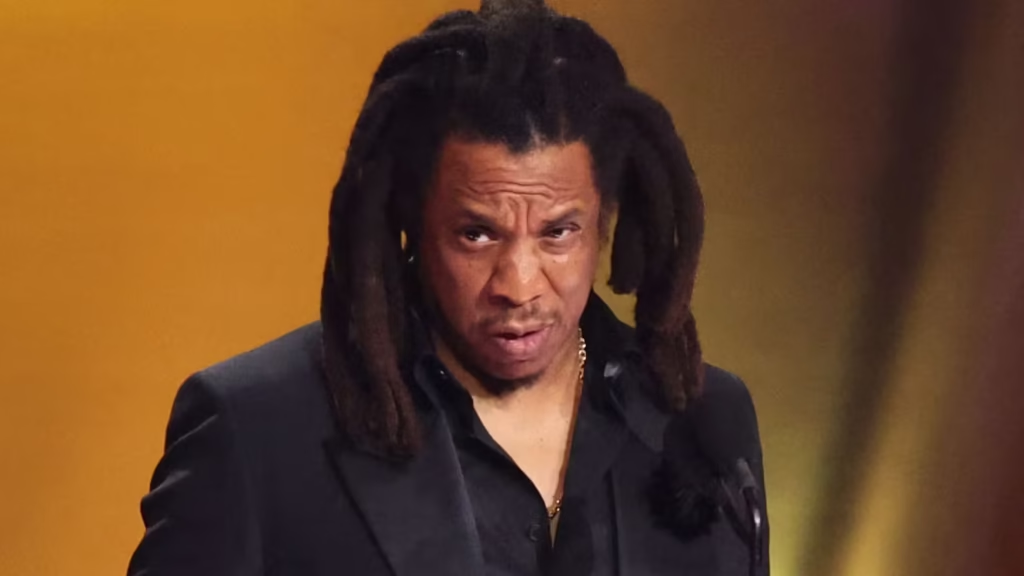
In a string of tweets, Minaj directly addressed Jay-Z, writing, “Jay-Z, call me to settle the karmic debt. It’s only collecting more interest. You still in my top five though. Let’s get it.” She went further, warning, “Anyone still calling him Hov will answer to God for the blasphemy.” According to Minaj, the alleged debt stems from Jay-Z’s sale of Tidal, the music streaming platform he launched in 2015 with a group of high-profile artists—including Minaj herself, J. Cole, and Rihanna.
When Jay-Z sold Tidal in 2021, Minaj claims she was only offered $1 million, a figure she says falls dramatically short of what she believes she is owed based on her ownership stake and contributions. She has long voiced dissatisfaction with the payout, but this is the most public—and dramatic—demand to date.
Minaj’s Twitter storm wasn’t limited to financial complaints. She also:
She expressed frustration that mainstream blogs and platforms don’t fully cover her statements, especially when they involve Jay-Z, and suggested that much of the coverage she receives is from less reputable sources.
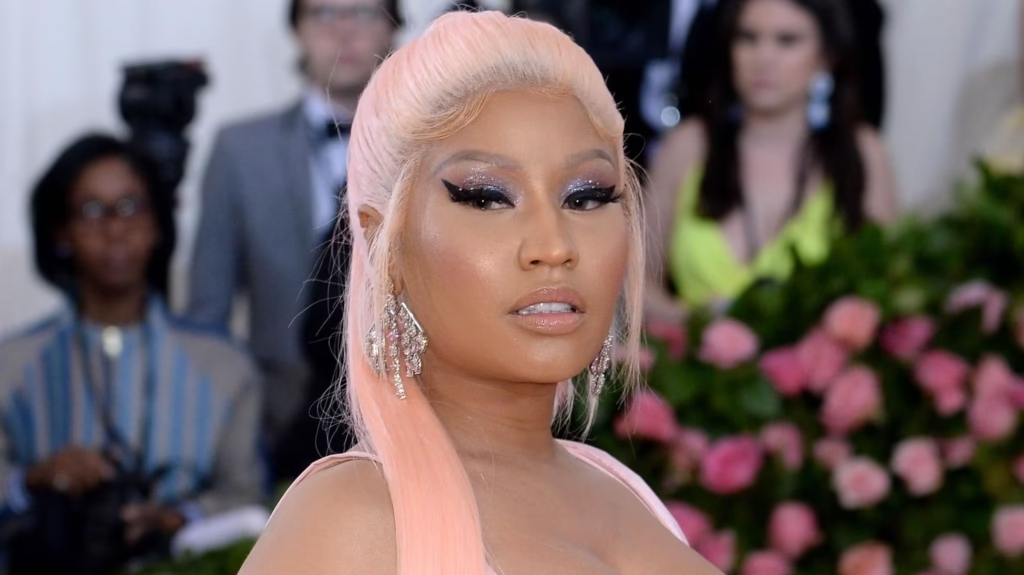
Minaj’s tweets took a satirical turn as she jokingly blamed Jay-Z for a laundry list of cultural grievances, including:
She repeatedly declared, “The jig is up,” but clarified that her statements were “alleged and for entertainment purposes only.”
Minaj also criticized Jay-Z’s political involvement, questioning why he didn’t campaign more actively for Kamala Harris or respond to President Obama’s comments about Black men. While Jay-Z has a history of supporting Democratic campaigns, Minaj’s critique centered on more recent events and what she perceives as a lack of advocacy for the Black community.
Adding another layer to her grievances, Minaj voiced disappointment that Lil Wayne was not chosen to perform at the Super Bowl in New Orleans, a decision she attributes to Jay-Z’s influence in the entertainment industry.
Despite the seriousness of her financial claim, many observers note that if Minaj truly believed Jay-Z owed her $200 million, legal action—not social media—would likely follow. As of now, there is no public record of a lawsuit or formal complaint.
Some fans and commentators see Minaj’s outburst as part of a larger pattern of airing industry grievances online, while others interpret it as a mix of personal frustration and performance art. Minaj herself emphasized that her tweets were “for entertainment purposes only.”
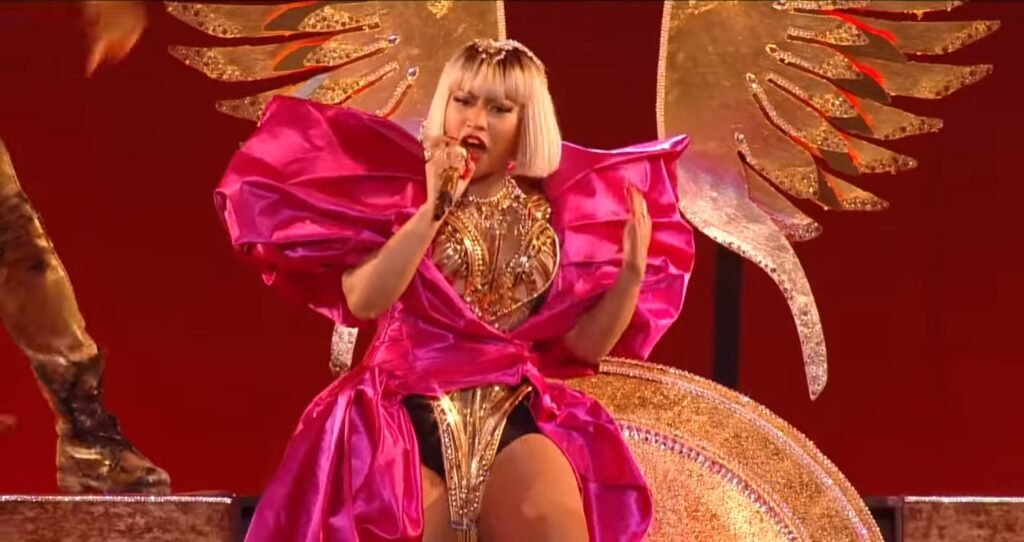
Nicki Minaj’s explosive Twitter rant against Jay-Z has once again placed the spotlight on issues of artist compensation and industry dynamics. Whether her claims will lead to further action or remain another dramatic chapter in hip-hop’s ongoing soap opera remains to be seen, but for now, the world is watching—and tweeting.

YouTube’s latest policy update, effective July 15th, has sent shockwaves through the AI and faceless channel community. Social media is buzzing with claims that “AI channels are dead,” while others express relief or confusion. If you’re a YouTube creator using AI, you might be wondering: Is this the end, or just another evolution? Here’s what you need to know—and how you can adapt to thrive in this new landscape.

YouTube’s update targets mass-produced, repetitive, and low-effort content—not AI itself. The company clarified that these rules are not new but are being enforced more strictly with improved detection tools. The main focus is on content that:
YouTube’s response to creators’ concerns emphasized that AI is not banned, but unoriginal, spammy content is—and always has been—ineligible for monetization.
Channels most affected by this update typically:
Examples include “revenge story” channels or those uploading unedited compilations and meditation tracks without original contributions. Such channels are now more likely to lose monetization or face removal.

YouTube aims to:
This approach aligns with long-standing YouTube Partner Program policies and legal doctrines like fair use, which require transformative use of source material.
YouTube is not against AI. In fact, Google (YouTube’s parent company) invests heavily in AI tools. The key is to use AI as a creative assistant, not a replacement for originality. Here’s what successful channels do:

This policy update isn’t the end of AI channels—it’s the end of low-effort, easily automated content. If you’re committed to creating genuine value, using AI as a tool (not a crutch), and building a real brand, you’re not just safe—you’re set up for long-term success on YouTube.


Pros and Cons of the Big Beautiful Bill
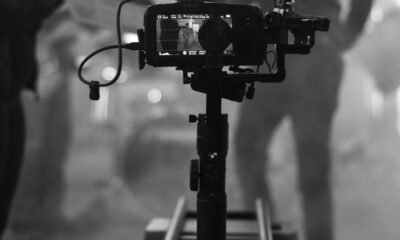

What SXSW 2025 Filmmakers Want Every New Director to Know
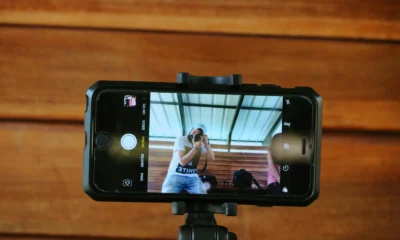

Filming Yourself and Look Cinematic


Father Leaps Overboard to Save Daughter on Disney Dream Cruise


Bolanle Newsroom Brief: Israel Strikes Iran’s Nuclear Sites — What It Means for the World
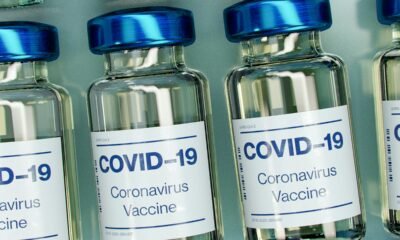

McCullough Alleges Government Hid COVID Vaccine Side Effects


Why 20% of Us Are Always Late


The Hidden Reality Behind Victoria’s Secret